ABOUT US
About the Rare Kidney Disease Foundation
The Rare Kidney Disease Foundation (RKDF) is a patient-focused nonprofit organization resolute in
HALTING the devastating impacts of ADTKD (Autosomal Dominant Tubulointerstitial Kidney Disease) across generations
by supporting physician-researchers in their efforts to learn more about this insidious disease affecting 75,000 to 100,000 patients in the U.S.
and in their quest to find a treatment and, eventually, a cure
Our Vision
RKDF envisions a world in which genetic kidney diseases like ADTKD are diagnosed early, treated effectively, and eventually eradicated, thereby saving lives and rendering dialysis and kidney transplants unnecessary.
Our Mission
RKDF offers HOPE to families with ADTKD by:
Scaling awareness among patients and nephrologists about ADTKD, genetic testing, and breakthrough discoveries that could pave the way for promising treatments.
Helping to build the International ADTKD Registry at Wake Forest University School of Medicine to provide a ready patient pool for the upcoming clinical trial and to support research on ADTKD.
Building engaged communities of ADTKD patients, their families, and medical professionals that care for them.
Our Values
In pursuing our mission, RKDF is committed to the following values:
We value the lives and well-being of patients and families with ADTKD. We center patients’ needs and concerns in everything we do.
We value collaboration. We partner with patients and families, physician-researchers, kidney health professionals, and patient advocacy groups to achieve our mission.
We value community. We offer opportunities for patients, families, physicians, and volunteers to engage with RKDF and each other in a collaborative way.
We value science. We encourage patients with a family history of chronic kidney disease to obtain genetic testing and join the International ADTKD Registry at the Wake Forest University School of Medicine to improve our understanding of this inherited kidney disease and to provide a patient pool for an upcoming clinical trial of promising treatments.
We value hope. We work to scale awareness, build community, and support physician-researchers’ efforts to halt ADTKD, thereby offering hope to potentially over one million people worldwide.
Meet Our Team!
Leadership Team
The Rare Kidney Disease Foundation would not operate without the tireless efforts of these driven professionals.
National Scientific Advisory Board
The Rare Kidney Disease Foundation is proud to announce its National Scientific Advisory Board.
Board of Directors
The Rare Kidney Disease Foundation is proud to announce its Board of Directors.
Leadership Team
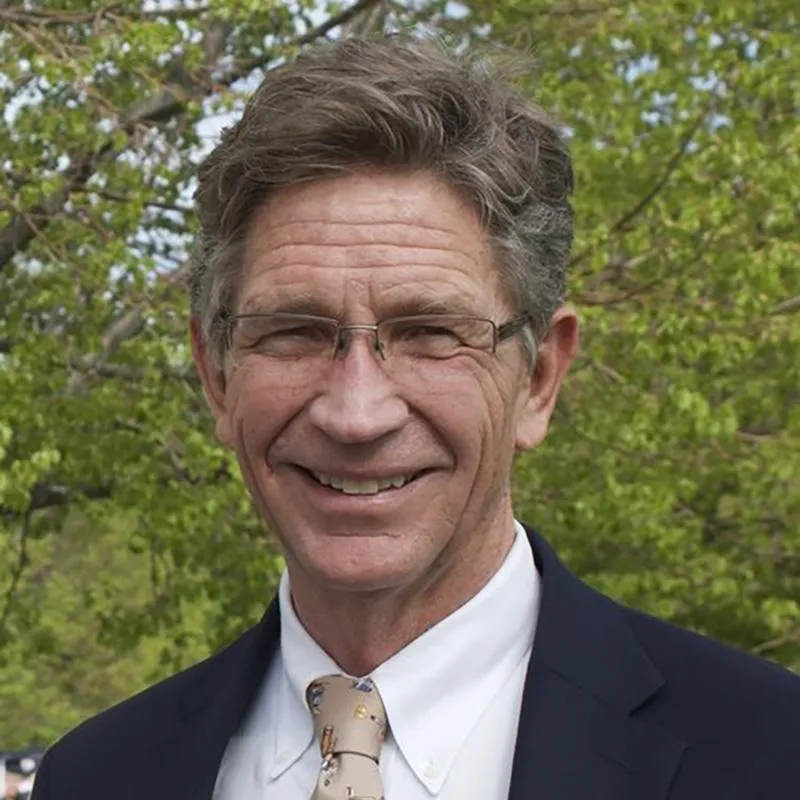
Richard Nelson, President
About Richard
Thirty-four years ago, Richard Nelson received the life-saving gift of a kidney transplant. For many, that might have been the end of a medical journey. For Richard, it was just the beginning of a tireless mission: to HALT the devastating march of ADTKD (Autosomal Dominant Tubulointerstitial Kidney Disease) - the second most common genetic kidney disease after PKD - in his family and countless others. The ADTKD-MUC1 (“MUC1”) genetic mutation tragically claimed his brilliant father, a surgeon, at just 43, leaving six young children behind. More recently, it heartbreakingly took his angel sister and optimistic brother. Today, 21 of his beloved nephews and nieces face the terrifying 50/50 risk of succumbing to kidney failure due to MUC1.
This intensely personal battle drives Richard’s efforts and led him to co-found the Rare Kidney Disease Foundation (RKDF) in 2018 with a clear vision: To help accelerate finding patients for a groundbreaking clinical trial that will take place in the near future by building a vibrant medical and patient community united in the pursuit of an FDA-approved treatment, changing the trajectory of ADTKD. RKDF stands as the unwavering "ADTKD voice" for an estimated 75,000 to 100,000 individuals in the U.S and one million patients worldwide suffering from MUC1 or UMOD.
Richard's life is a testament to unwavering commitment. His 18 years as CEO building the Utah Technology Council honed his ability to connect vision with tangible results, helping many of Utah’s 6,000 tech companies thrive. Beyond state policy and influence, his advocacy prowess was powerfully demonstrated in 2008 when he played a significant role in passing the Genetic Information Nondiscrimination Act (GINA) with Congress, a landmark victory for patient rights. His influence extends to leadership on the national board of the PKD Foundation (i.e., Chair, Strategy & Accountability) and other national tech organizations.
Richard has recently spearheaded crucial alignments between RKDF and leading organizations, including AAKP, ASN, EveryLife, Mayo Clinic, NATERA, NKF, Dent, and NephCure—all designed to forge pathways for clinical trials in undiagnosed conditions and champion the benefits of genetic testing with nephrologists to identify their patients for these trials. With an MBA in marketing from Northwestern University and a BS in finance from Brigham Young University, Richard also has extensive board experience, for example non-profit (e.g., Technology Councils of North America), government (e.g., $100M Utah Fund of Funds Board), and for-profit (e.g., Walmart Bank Board--in organization; Fidelity Trust Company bank) to unite allies efforts for their patients.
Living in Holladay, Utah, Richard shares a blessed life with his remarkable spouse, Karen, their five children (one bravely living privately with a MUC1 diagnosis), and nine cherished grandchildren. He finds joy and meaning in serving others (e.g., patient advocate), cycling, and skiing, often with friends. You can read Rich’s patient story here.
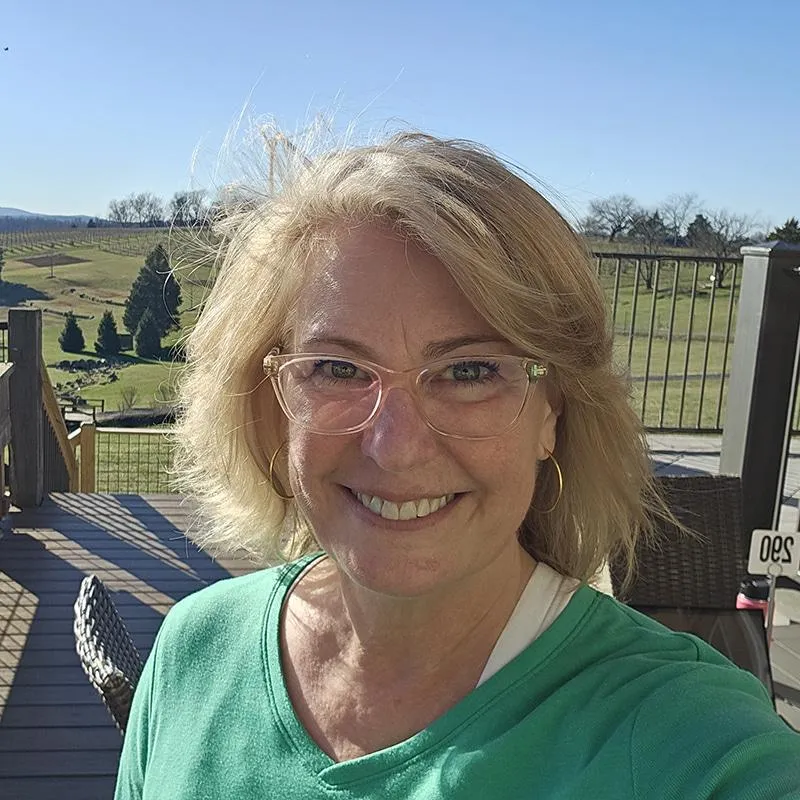
Sharon McGroder, Executive Director
About Sharon
Sharon has the ADTKD-MUC1 mutation – just like her mother, her mother’s mother, and numerous siblings, cousins, and uncles – and is currently on the transplant list. She brings over 30 years of leadership, project management, and writing experience as a social science researcher to the foundation. Sharon describes her journey with chronic kidney disease and her son’s four-year battle with Lyme disease in her memoir, Swim or Die: A Mother’s Humbling Journey Through Chronic Illness. Sharon lives outside Washington DC with her family and their beloved dog. She is excited to be part of a team that is working with brilliant geneticists, biologists, and physician-researchers to learn more about this insidious disease and find a treatment. You can read Sharon’s patient story here.
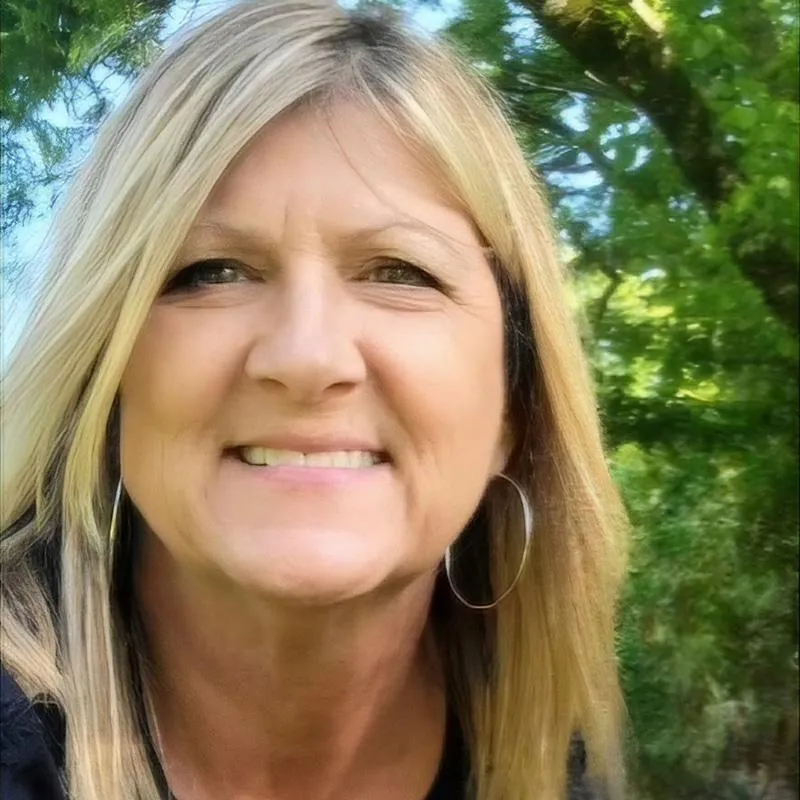
Lisa Parcell, Deputy Director, Treasurer
About Lisa
Lisa is an ADTKD-UMOD patient who received a successful kidney transplant in December 2020 after years of managing chronic kidney disease. Through her interest in genealogy, she discovered that she is the fifth generation in her family with chronic kidney disease, a history that has shaped her perspective and advocacy. Lisa brings over 25 years of management and leadership experience and in March 2024, joined RKDF as their Social Media Director. She is passionate about ADTKD advocacy, raising awareness, and advancing efforts to find a treatment—and, ultimately, a cure for ADTKD.
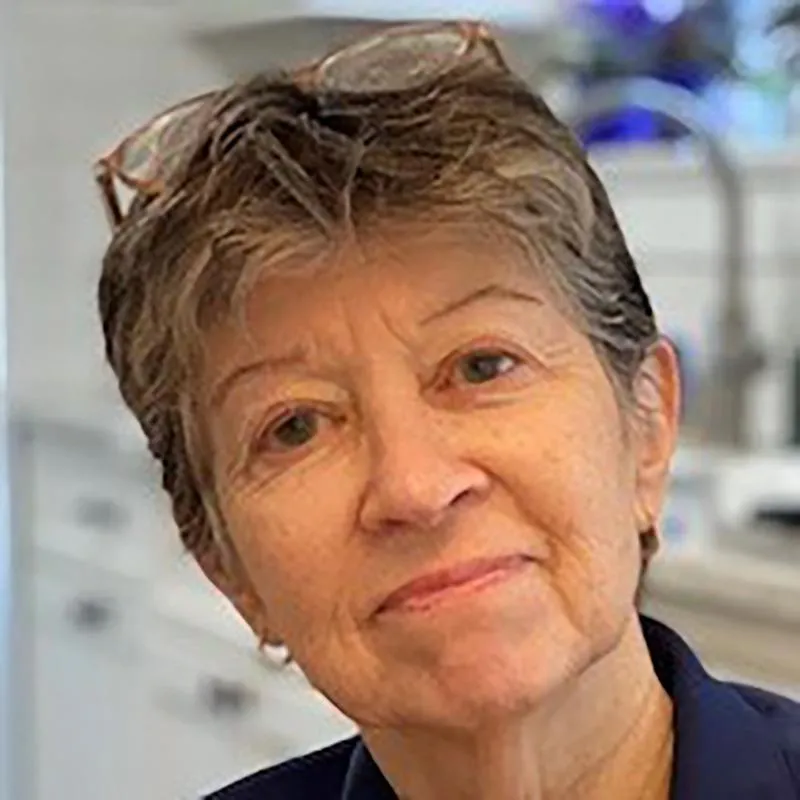
Suzanne Kelly, Administration Director, Board Recording Secretary
About Suzanne
Suzanne is an ADTKD-UMOD patient and received a live donor transplant in 2014. Every day, she thanks her college friend Pam, from her hometown of Detroit, for her gift of life. Suzanne and her husband of over 50 years raised their two daughters in the Boston area and now live on the North Fork of Long Island. She is a retired Systems Administrator. Working with RKDF has given her the hope that perhaps a treatment may be found. You can read Suzanne’s patient story here.
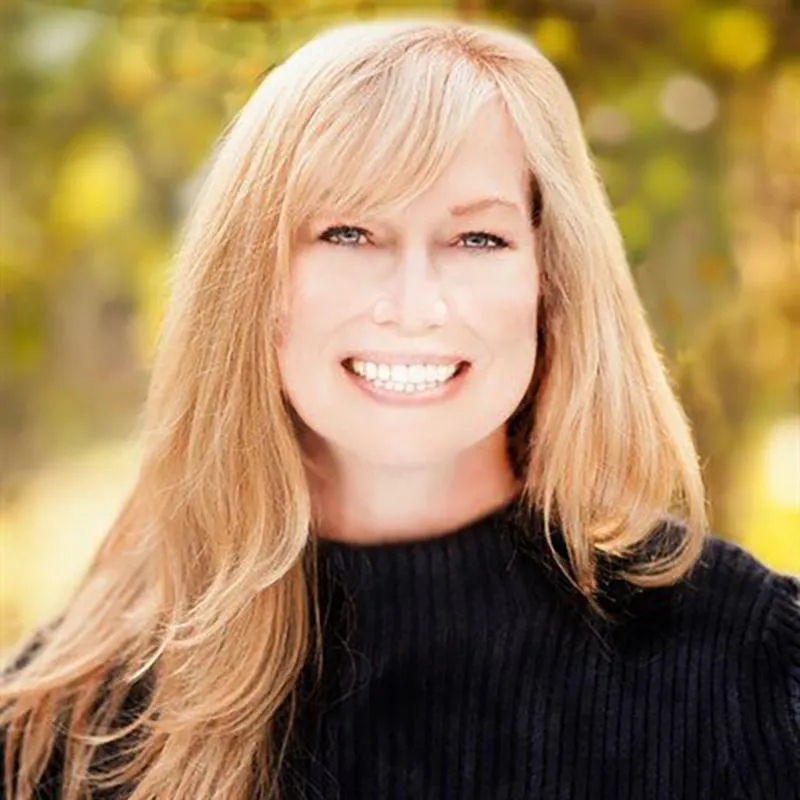
Sue Reale, Events Director
About Sue
Sue has the ADTKD-UMOD mutation. After doing ancestry research, she discovered that her mother, grandmother, great-grandmother, and great-uncle also succumbed to kidney disease likely due to having the UMOD gene mutation. In 2017 she had a successful kidney transplant at UC San Francisco from a living donor -- a complete stranger who saw her Facebook post! She has over 35 years of experience as a Qualitative and User Experience Research consultant; she currently volunteers at the RKDF as the Events Director, hoping to spread the word about ADTKD and a possible therapy to halt the progression of ADTKD. After living in San Francisco for 40 years, Susan now lives outside Gainesville, Florida with her partner, Scott, her dog Chipper (who was born on her transplant day!) and her rescue cat, Butter. You can read Sue’s patient story here.
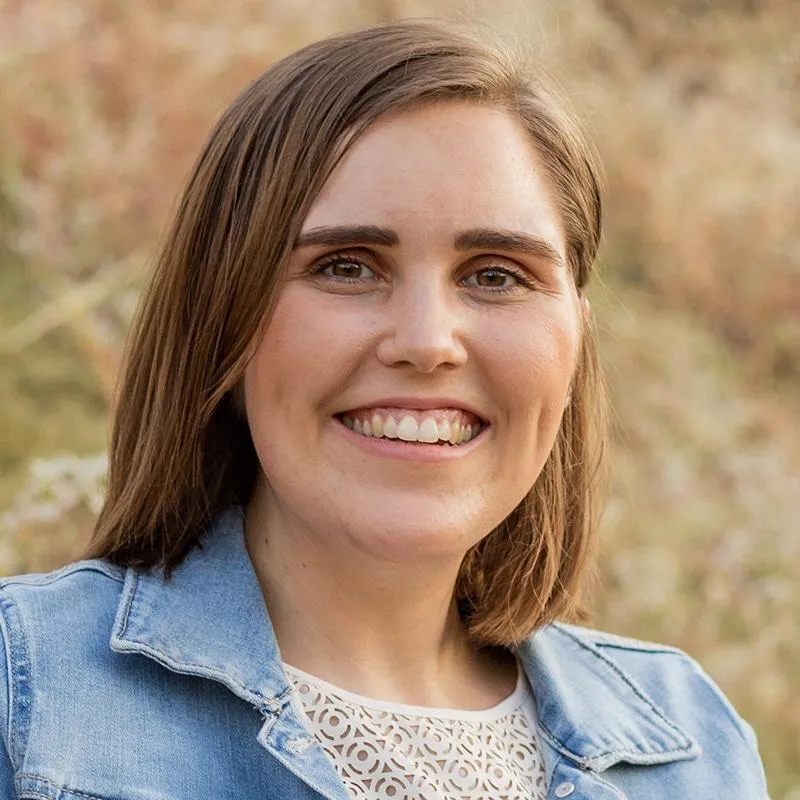
Jess Leong, Social Media Director
About Jess
Jess brings a heartfelt commitment to her role as Social Media Director for the Rare Kidney Disease Foundation. After her husband's recent diagnosis with ADTKD-UMOD, Jess was compelled to join their mission. With seven years of experience across higher education and corporate sectors, she now volunteers her expertise to bolster the foundation's social media presence. Her dedication is deeply personal: by contributing to awareness and progress, Jess actively supports her husband while striving to find hope and a clearer future for their three children, who also face the possibility of inheriting this disease. You can read her husband's patient story here.
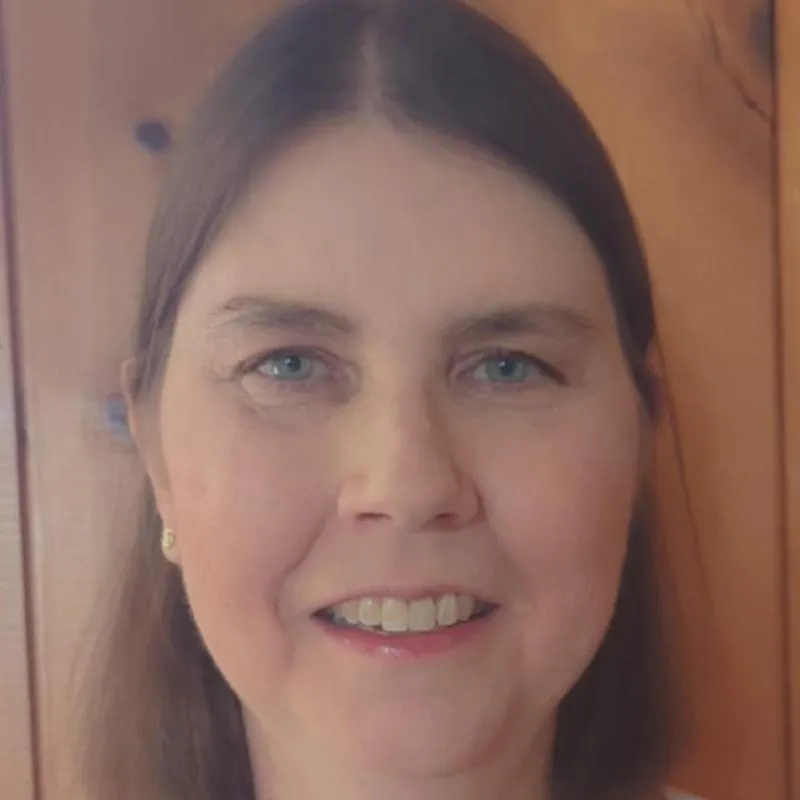
Kathy Stankus, Administration, Co-Director
About Kathy
Kathy is an ADTKD-UMOD patient who has received two successful kidney transplants. She received her first kidney from her husband's uncle, Terry, and her second kidney from her daughter, Christa. She is very thankful for both of her donors. She lives in New Jersey with her husband, Jim, and currently with one of her four adult children and two dogs. Kathy grew up in New Jersey and is a graduate of William Paterson University. She is a certified elementary school teacher and has over 25 years of experience working as a paralegal. Kathy is happy to be working with RKDF and is hopeful a treatment or cure will soon be found for ADTKD. You can read Kathy’s patient story here.
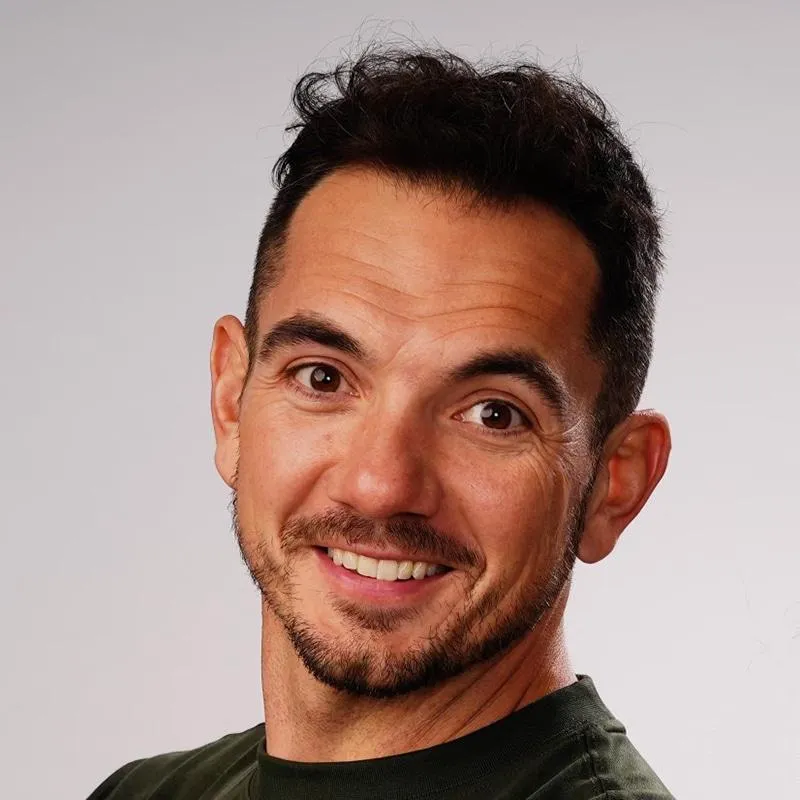
Joe Morden, Branding & Advertising
About Joe
Joe has the ADTKD-MUC1 mutation. As a Managing Partner and Account Services Director for TMV Advertising Agency, Joe oversees the management of all agency clients and guides new business initiatives. He brings his boundless energy, creativity, and strategic mind to RKDF’s branding and advertising. You can read Joe’s patient story here.
National Scientific Advisory Board
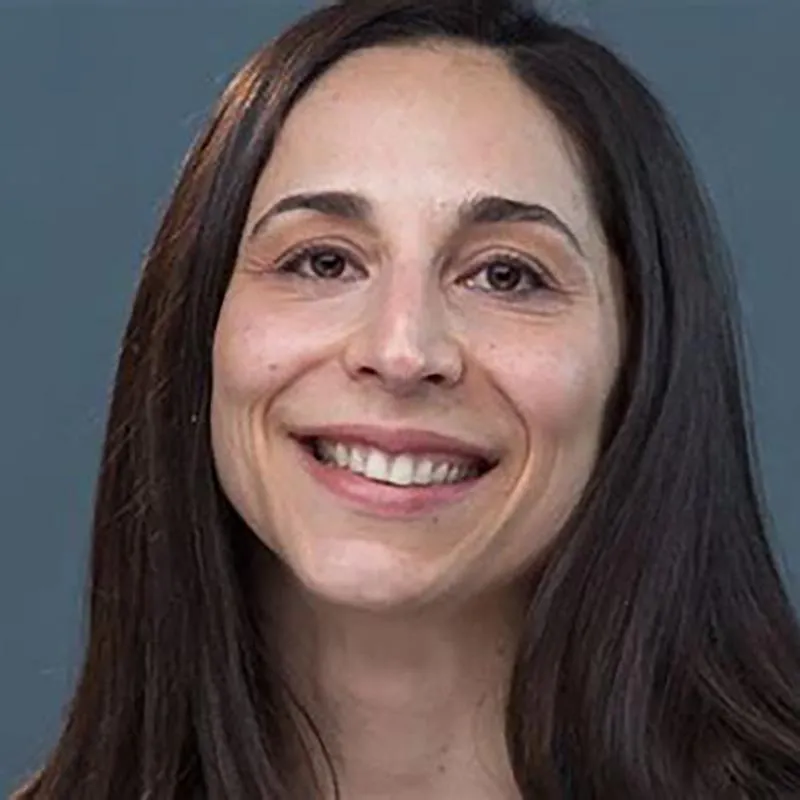
Anna Greka, MD, PhD - CHAIR
About Dr. Anna Greka
Dr. Greka is a core institute member and Director of the Kidney Disease Initiative at the Broad Institute of MIT and Harvard, where she also serves on the institute’s Executive Leadership Team. She is also a professor at Harvard Medical School and a physician in the Department of Medicine at Mass General Brigham. In her laboratory, Greka leads a program aimed at dissecting fundamental mechanisms of disrupted cellular homeostasis in genetically defined kidney, metabolic, and degenerative diseases, with a special focus on membrane proteins.
Leading multidisciplinary teams of scientists, Greka has uncovered opportunities to target convergent “nodal” biological pathways that underlie genetic diseases in unexpectedly diverse cell types and organs, for example, in the kidney, the eye, and the brain. (See her TED talk from April 2023.) Many of these discoveries are making their way to clinical trials with promising results. To fully harness the power of nodal biology, Greka founded the Ladders to Cures (L2C) Accelerator, an ambitious new initiative whose goal is to catalyze progress across the research ecosystem and accelerate advances toward treatments and cures for patients with genetic diseases.
Her work has been widely recognized with many awards, including a Presidential Early Career Award for Scientists and Engineers (PECASE) and the Seldin-Smith Award for Pioneering Research from the American Society for Clinical Investigation (ASCI). Greka was selected as a U.S. National Academy of Medicine Emerging Leader Scholar and she was elected to serve as ASCI’s president. Internationally recognized as a thought leader in biomedicine, Greka was a featured speaker at TED2023. Aiming to advance the translation of scientific discoveries into treatments for patients, Dr. Greka serves as founder, board member, and scientific advisor to several biotechnology companies.
Greka holds an A.B. in biology from Harvard University, an M.D. from the Harvard-MIT program in Health Sciences and Technology (HST), and a Ph.D. in neurobiology from Harvard Medical School.
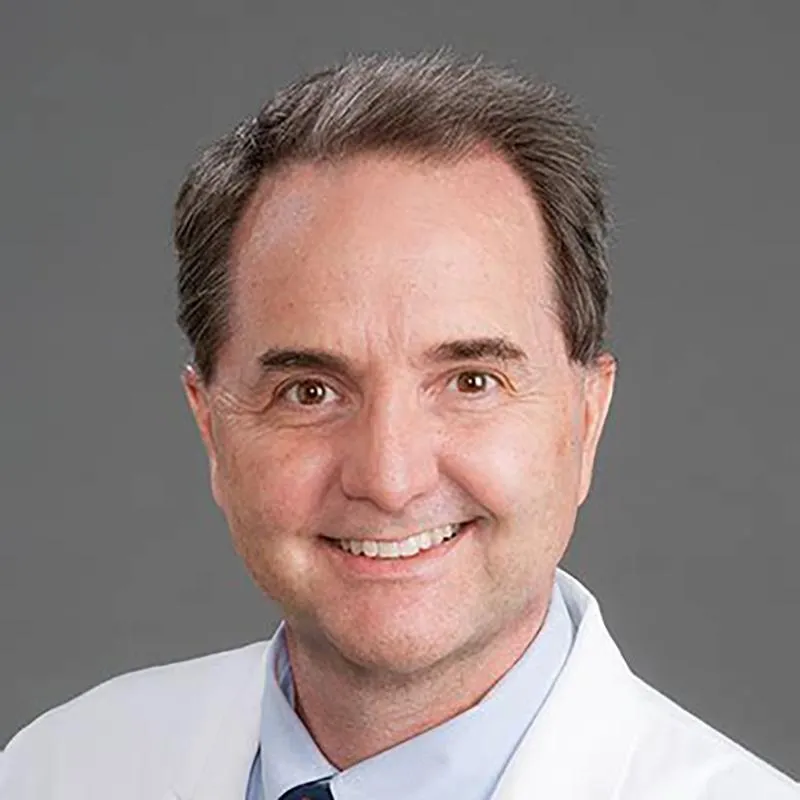
Anthony Bleyer, Sr., MD, MS
About Dr. Anthony Bleyer
Dr. Bleyer is Professor of Internal Medicine/Nephrology at Wake Forest School of Medicine. Dr. Bleyer is originally from Rhode Island. He attended Baylor College of Medicine and completed an internal medicine residency at Johns Hopkins and a fellowship in nephrology at the University of Pennsylvania. He then joined the faculty of Wake Forest School of Medicine, where he has been for over 30 years. Dr. Bleyer leads the Rare Inherited Kidney Disease Team at Wake Forest and is a clinical researcher who has helped to identify mutations in UMOD, MUC1, REN, and APOA4 as causes of inherited kidney disease. The mission statement of his team is “To help one patient, one family at a time.”
In 1995, a family with inherited kidney disease and gout from the mountains of North Carolina was referred to Dr. Bleyer. Working with colleagues at Wake Forest, a mutation in the UMOD gene encoding uromodulin was identified as a cause of autosomal dominant tubulointerstitial kidney disease. Dr. Bleyer then began close collaborations with Dr. Stan Kmoch at Charles University in Prague and was the lead clinical researcher in the identification of mutations in REN, SAA1, NDUFAF6, POLMRT, SEC61A1, and APOA4 as causes of inherited kidney disease. Work with Dr. Eric S. Lander at the Broad Institute at MIT and Harvard led to identification of mutations in MUC1 as a cause of ADTKD. By July 2024, the Rare Inherited Kidney Disease Team had identified just over 1,000 individuals in 400 families with UMOD mutations and approximately 940 individuals in 330 families with MUC1 mutations.
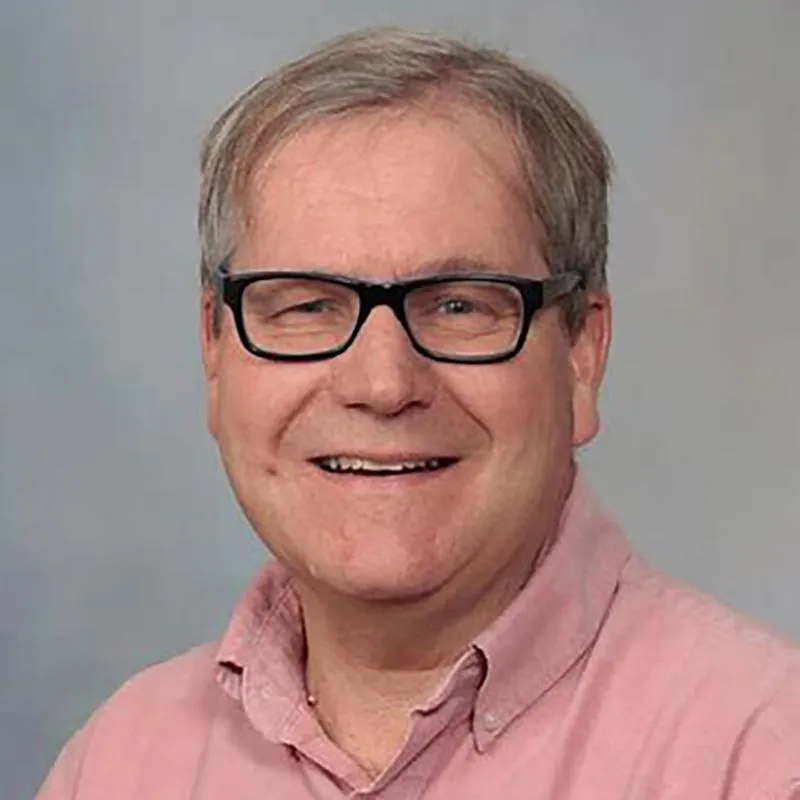
Peter C. Harris, Ph.D.
About Dr. Peter Harris
Dr. Peter Harris is a consultant in the Division of Nephrology and Hypertension in the Department of Internal Medicine at Mayo Clinic in Rochester, Minnesota, with a joint appointment in the Department of Biochemistry and Molecular Biology, where he serves as vice chair. Dr. Harris is the Zell Director, Mayo Clinic Robert M. and Billie Kelley Pirnie Translational Polycystic Kidney Disease Center. He joined the staff of the Mayo Clinic in 1999 and holds the academic rank of professor of medicine and professor of biochemistry and molecular biology, Mayo Clinic College of Medicine and Science. Dr. Harris is recognized with the distinction of the Gordon H. and Violet Bartels Professorship in Cellular Biology.
Dr. Harris earned his B.Sc. in genetics at the University of East Anglia, Norwich, England, and his Ph.D. at the University of Glasgow, Glasgow, Scotland. He continued his training at Children’s Hospital in Boston, where he completed a research fellowship, and at Harvard Medical School, where he completed a research fellowship in pediatrics. He subsequently completed a research fellowship in molecular medicine before rising to the rank of professor at the University of Oxford, England in 1999.
Dr. Harris’ research laboratory focuses on genetic diseases of the kidney, especially polycystic kidney diseases (PKD). PKD constitutes a range of inherited disorders that often result in renal failure and even death. His laboratory employs a range of genetic and cell biological approaches to understand the etiology and pathogenesis of these disorders. Dr. Harris' research group previously identified the major gene for the common autosomal dominant PKD (ADPKD) and the gene for autosomal recessive PKD (ARPKD). More recently, they identified two genes for the syndromic PKD, Meckel syndrome (MKS), and three minor ADPKD-like genes. Dr. Harris' research is funded by the National Institute of Diabetes and Digestive and Kidney Diseases and Department of Defense. In recognition of his achievements, in 2003 he received the inaugural Lillian Jean Kaplan Prize for Advancement in the Understanding of PKD, and in 2008 the Homer Smith Award from the American Society of Nephrology.
Dr. Harris is frequently invited to give presentations both nationally and internationally and has authored more than 350 journal articles. He serves on the editorial board of the Journal of the American Society of Nephrology and Kidney International, and he has served as reviewer for multiple prominent scientific publications.
In addition to his research activities, Dr. Harris is a dedicated educator, including providing mentorship to numerous summer students, doctoral students, postdoctoral fellows, and other learners. He holds full faculty privileges in Biochemistry and Molecular Biology at Mayo Clinic Graduate School of Biomedical Sciences.
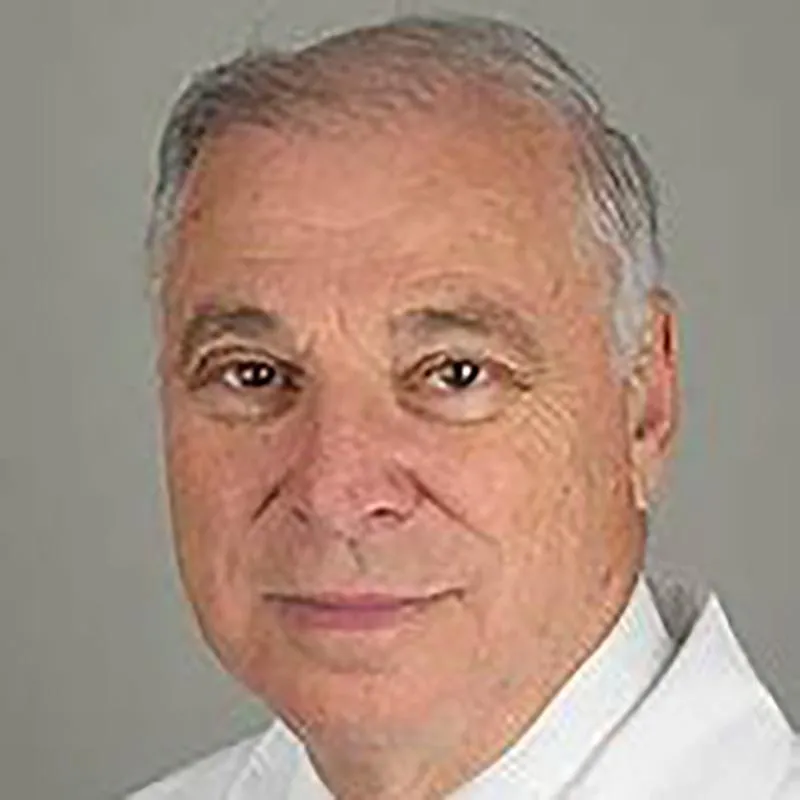
Theodore I. Steinman, M.D., FASN
About Dr. Theodore Steinman
Theodore I. Steinman, MD, FASN, is a Clinical Professor of Medicine at Harvard Medical School and Founding Director of the Dialysis and Transplantation Program at Beth Israel Hospital in Boston. He serves as a senior physician at Beth Israel Deaconess Medical Center and Brigham and Woman’s Hospital, Boston.
Dr. Steinman completed his undergraduate education at Penn State University and then completed his medical training at the Georgetown University School of Medicine. His medical internship and residency at Cedars-Sinai Medical Center, Los Angeles, were interrupted by the Vietnam War, in which he served as a Marine Battalion Surgeon from 1966–1967. His training then resumed with a second year of medical residency at Beth Israel Hospital from 1968–1969, and then nephrology fellowship training at Tufts New England Medical Center, with specific dialysis and transplantation training at Brigham & Women’s Hospital (then Peter Bent Brigham Hospital).
Dr. Steinman is past-president, Renal Physicians Association; past chairman, Scientific Advisory Committee, Polycystic Kidney Foundation (also serving 12 years on Board of Directors); past-president and chairman, National Kidney Foundation Region I. He was a member of the National Medical Advisory Board, designing the Kidney Disease Outcome Quality Initiative (K/DOQI). Continuous kidney research since 1970 has resulted in 180 peer-reviewed publications, 30 book chapters, 187 Proceedings, and 146 abstracts.
Some of the awards Dr. Steinman has received include Physician of the Year (1995) from the National Kidney Foundation; Alumni Fellow of the Year (1996) from Penn State University; Jared J. Grantham Distinguished Achievement Award from the Polycystic Kidney Disease Foundation (2000); Outstanding Service Award (2004) from the National Kidney Foundation; 60th Anniversary National Outstanding Physician (2011) from the National Kidney Foundation; Medal of Excellence (2012) from the American Association of Kidney Patients; Lifetime Achievement Award in Education and Research (2016) from the International Society of Nephrology; Founders Award (2016) from Georgetown University School of Medicine, Washington, D.C. He also delivered the Commencement Address at Penn State University in 2015.
Dr. Steinman resides in Brookline, MA, with his wife of 51 years, Carol. They derive enormous pleasure from their three sons, two daughters-in-law, and five grandchildren.
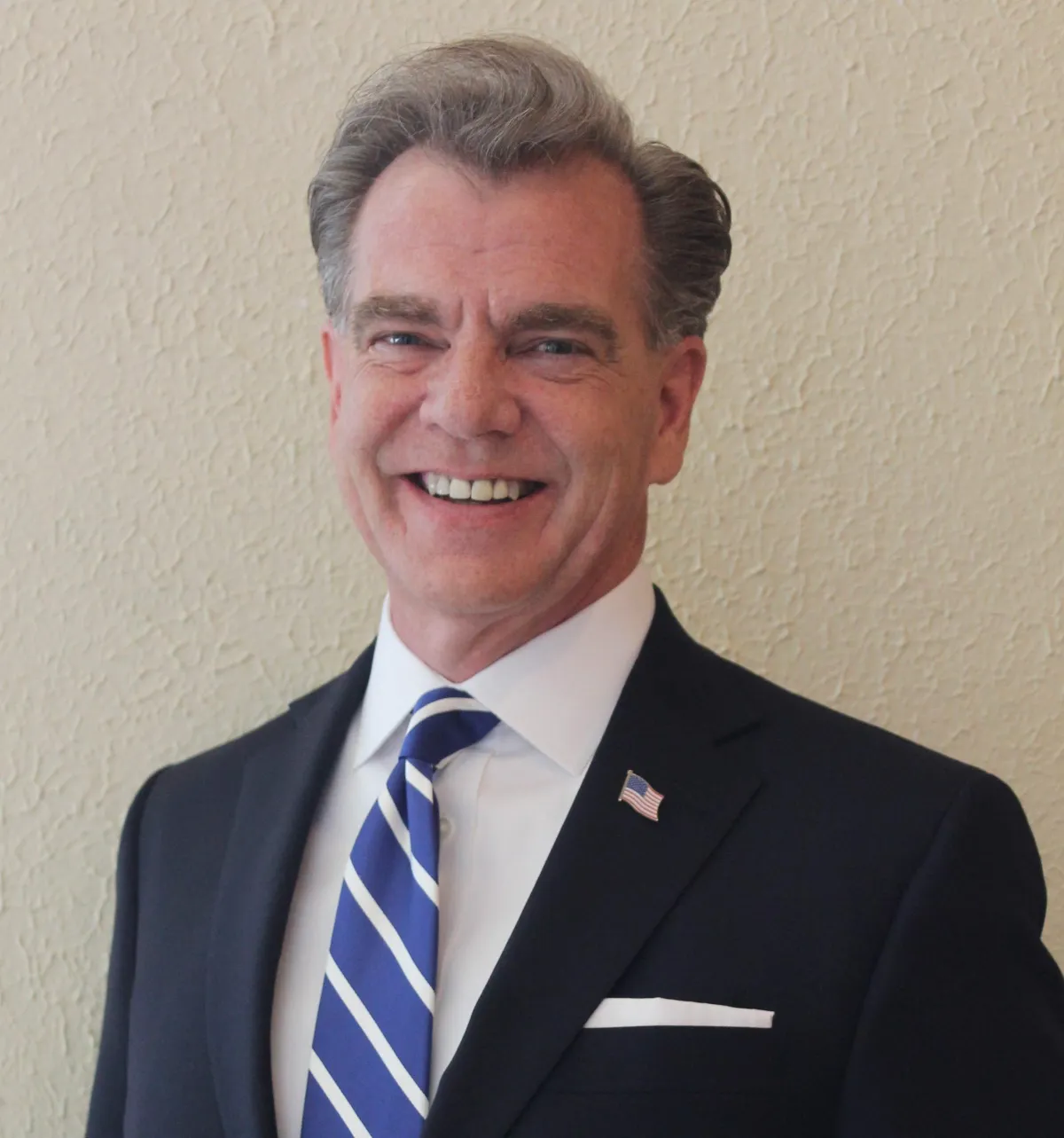
Paul T. Conway
About Mr. Conway
Mr. Conway is the Chair of Policy & Global Affairs and a past president of the American Association of Kidney Patients (AAKP), the largest kidney patient organization in the USA. Mr. Conway is a founder and Co-Chair of the Annual Global Summit on Kidney Disease Innovations, a partnership between AAKP and the George Washington University School of Medicine and Health Sciences. Since 2019, this initiative has engaged patients, professionals, and industry representatives from over 90 countries.
As a patient advocate, he has advanced the principles of patient-consumer care choice, patient-centered medicine, and continued patient participation in the workforce before federal and state governments, as well as globally, before the United Nations, the European Parliament, and the World Health Organization. He is a champion for greater use of patient insight data and real-world evidence in kidney research and innovations, including diagnostics, drugs, and devices.
As a patient, he has managed kidney disease for 42 years, including 3 years on home peritoneal dialysis. Mr. Conway received his transplant from a deceased donor in 1997, through the Medical College of Virginia/Virginia Commonwealth University (MCV/VCU) Hume-Lee Transplant Center in Richmond, Virginia.
His advocacy honors include the American Society of Nephrology and the AAKP President’s Medal for policy work before Congress and the White House. In 2022, he received the President’s Lifetime Achievement Award for his volunteer service to the kidney community. His professional career includes posts under four presidents, three governors of the Commonwealth of Virginia, and support for five presidential transitions.
Board of Directors
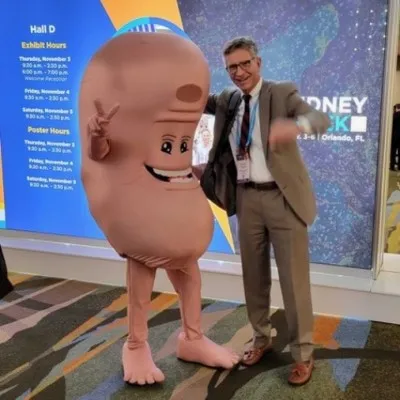
Richard R. Nelson - Chair and Co-Founder: A Quest to HALT Genetic Kidney Disease
About Richard
Thirty-four years ago, Richard Nelson received the life-saving gift of a kidney transplant. For many, that might have been the end of a medical journey. For Richard, it was just the beginning of a tireless mission: to HALT the devastating march of ADTKD (Autosomal Dominant Tubulointerstitial Kidney Disease) - the second most common genetic kidney disease after PKD - in his family and countless others. The ADTKD-MUC1 (“MUC1”) genetic mutation tragically claimed his brilliant father, a surgeon, at just 43, leaving six young children behind. More recently, it heartbreakingly took his angel sister and optimistic brother. Today, 21 of his beloved nephews and nieces face the terrifying 50/50 risk of succumbing to kidney failure due to MUC1.
This intensely personal battle drives Richard’s efforts and led him to co-found the Rare Kidney Disease Foundation (RKDF) in 2018 with a clear vision: To help accelerate finding patients for a groundbreaking clinical trial that will take place in the near future by building a vibrant medical and patient community united in the pursuit of an FDA-approved treatment, changing the trajectory of ADTKD. RKDF stands as the unwavering "ADTKD voice" for an estimated 75,000 to 100,000 individuals in the U.S and one million patients worldwide suffering from MUC1 or UMOD.
Richard's life is a testament to unwavering commitment. His 18 years as CEO building the Utah Technology Council honed his ability to connect vision with tangible results, helping many of Utah’s 6,000 tech companies thrive. Beyond state policy and influence, his advocacy prowess was powerfully demonstrated in 2008 when he played a significant role in passing the Genetic Information Nondiscrimination Act (GINA) with Congress, a landmark victory for patient rights. His influence extends to leadership on the national board of the PKD Foundation (i.e., Chair, Strategy & Accountability) and other national tech organizations.
Richard has recently spearheaded crucial alignments between RKDF and leading organizations, including AAKP, ASN, EveryLife, Mayo Clinic, NATERA, NKF, Dent, and NephCure—all designed to forge pathways for clinical trials in undiagnosed conditions and champion the benefits of genetic testing with nephrologists to identify their patients for these trials. With an MBA in marketing from Northwestern University and a BS in finance from Brigham Young University, Richard also has extensive board experience, for example non-profit (e.g., Technology Councils of North America), government (e.g., $100M Utah Fund of Funds Board), and for-profit (e.g., Walmart Bank Board--in organization; Fidelity Trust Company bank) to unite allies efforts for their patients.
Living in Holladay, Utah, Richard shares a blessed life with his remarkable spouse, Karen, their five children (one bravely living privately with a MUC1 diagnosis), and nine cherished grandchildren. He finds joy and meaning in serving others (e.g., patient advocate), cycling, and skiing, often with friends. You can read Rich’s patient story here.
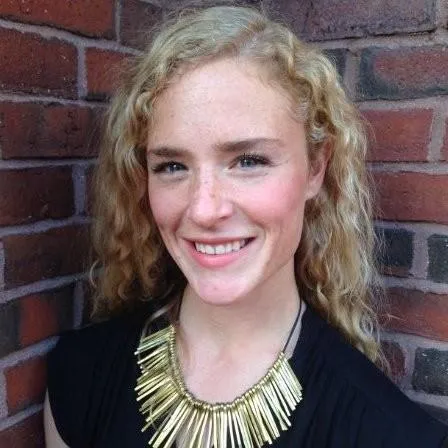
Katherine Blakeslee - Trustee
About Katherine
Katherine Blakeslee is the Head of Strategy and Operations at a biotech company dedicated to developing a transformative treatment for rare kidney disease, a field with significant unmet needs. With over a decade of expertise in strategic leadership and operational excellence, Katherine is recognized for transforming visionary ideas into actionable strategies that drive innovation and have a lasting impact. As a certified Project Management Professional (PMP), she has successfully navigated complex projects and budgets, always with a focus on advancing science and improving patient outcomes.
Katherine's career is highlighted by her impactful work at the Broad Institute of MIT and Harvard, where she played a pivotal role in aligning scientific objectives with strategic planning for major research initiatives, specifically in the rare kidney disease space. Her experience is further distinguished by her participation in the Leadership Education in Neurodevelopmental Disabilities (LEND) fellowship, reflecting her deep commitment to leadership and advocacy in the healthcare space.

Paul Conway - Trustee
About Paul
Mr. Conway is the Chair of Policy & Global Affairs and a past president of the American Association of Kidney Patients (AAKP), the largest kidney patient organization in the USA. Mr. Conway is a founder and Co-Chair of the Annual Global Summit on Kidney Disease Innovations, a partnership between AAKP and the George Washington University School of Medicine and Health Sciences. Since 2019, this initiative has engaged patients, professionals, and industry representatives from over 90 countries.
As a patient advocate, he has advanced the principles of patient-consumer care choice, patient-centered medicine, and continued patient participation in the workforce before federal and state governments, as well as globally, before the United Nations, the European Parliament, and the World Health Organization. He is a champion for greater use of patient insight data and real-world evidence in kidney research and innovations, including diagnostics, drugs, and devices.
As a patient, he has managed kidney disease for 42 years, including 3 years on home peritoneal dialysis. Mr. Conway received his transplant from a deceased donor in 1997, through the Medical College of Virginia/Virginia Commonwealth University (MCV/VCU) Hume-Lee Transplant Center in Richmond, Virginia.
His advocacy honors include the American Society of Nephrology and the AAKP President’s Medal for policy work before Congress and the White House. In 2022, he received the President’s Lifetime Achievement Award for his volunteer service to the kidney community. His professional career includes posts under four presidents, three governors of the Commonwealth of Virginia, and support for five presidential transitions.

Cathy Earley - Trustee
About Cathy
Cathy became involved with RKDF in 2024 when her then 17-year-old nephew, Joseph, was diagnosed with ADTKD-UMOD. She is committed to helping accelerate progress toward halting this genetic disease.
In her professional life, Cathy has been leading her own business since 2012 as an insightful, high-energy, action-driven coach and facilitator who has a passion for helping leaders recognize the significant impact they have on others. Her coaching focuses on team dynamics, influence, emotional and relational intelligence, and effective leadership communication.
Cathy has worked globally in the areas of leadership, coaching, engagement, and culture. She led the Leadership & Coaching Practices at two boutique consulting firms. Her broader professional experience includes stints in higher education, association management, and start-ups, bringing a broad perspective to her work. She is recognized for her deep knowledge of coaching and leading in the workplace.
Cathy continues to find inspiration from her nephew, Joseph, who reminds her to dream big.
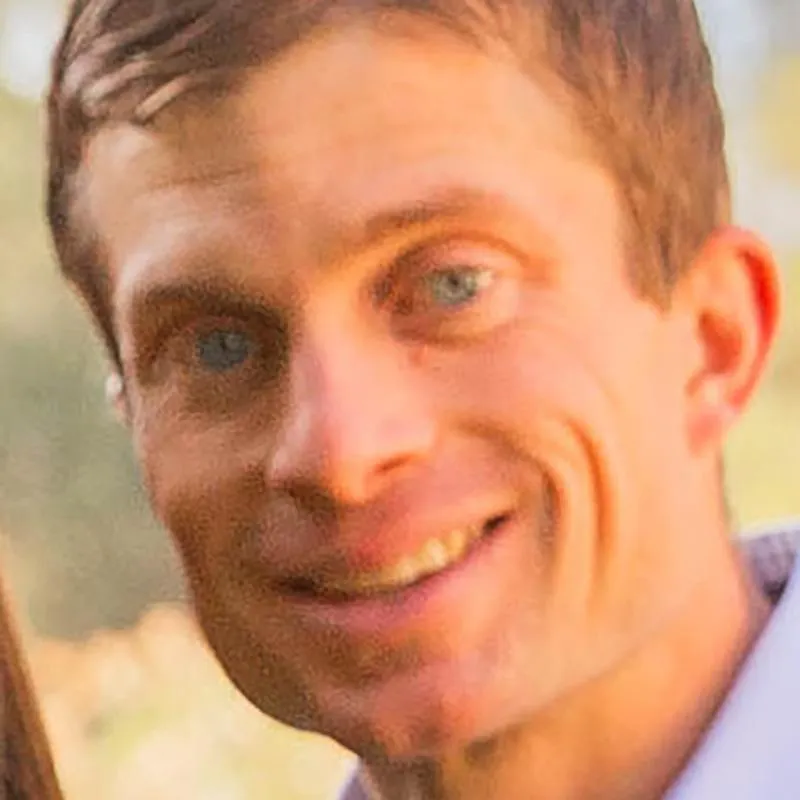
Cameron Nelson - Co-Founder and Trustee
About Cameron
His father’s and grandfather’s ADTKD-MUC1 inspired Cameron to pursue a career in medicine and to become involved with the Foundation. He is a pediatric anesthesiologist at Primary Children’s Hospital in Salt Lake City and currently resides in Holladay, Utah. He received a master’s in public health from the University of Utah, a medical degree from George Washington University School of Medicine, residency at Beth Israel Deaconess Medical Center, and a fellowship at Boston Children’s Hospital. Cameron speaks Spanish.
He met his wife, Ashley, as a first-year medical student, and they are the parents of six rambunctious children, ages 14 to 3. If Cameron has a spare minute, you can find him skiing the slopes of Brighton during the winter with all his kids or biking early up Little Cottonwood Canyon to Alta in the summer.
Our Partners and Allies
The Rare Kidney Disease Foundation is proud to partner with The Broad Institute at MIT and Harvard, the pharmaceutical company, NewCo, which has licensed the Broad’s promising compounds for a clinical trial, and the Rare Inherited Kidney Disease Research Team at Wake Forest University School of Medicine.
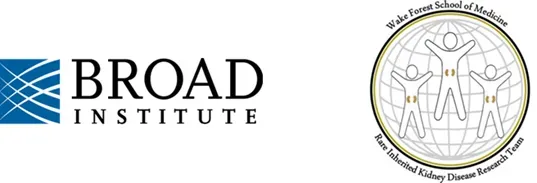
We also have invaluable allies in the American Association of Kidney Patients (AAKP), the Mayo Clinic, and the American Society of Nephrology (ASN)



Our corporate sponsors include TMV Marketing Group and Persystent AI, a Division of Musselwhite Marketing

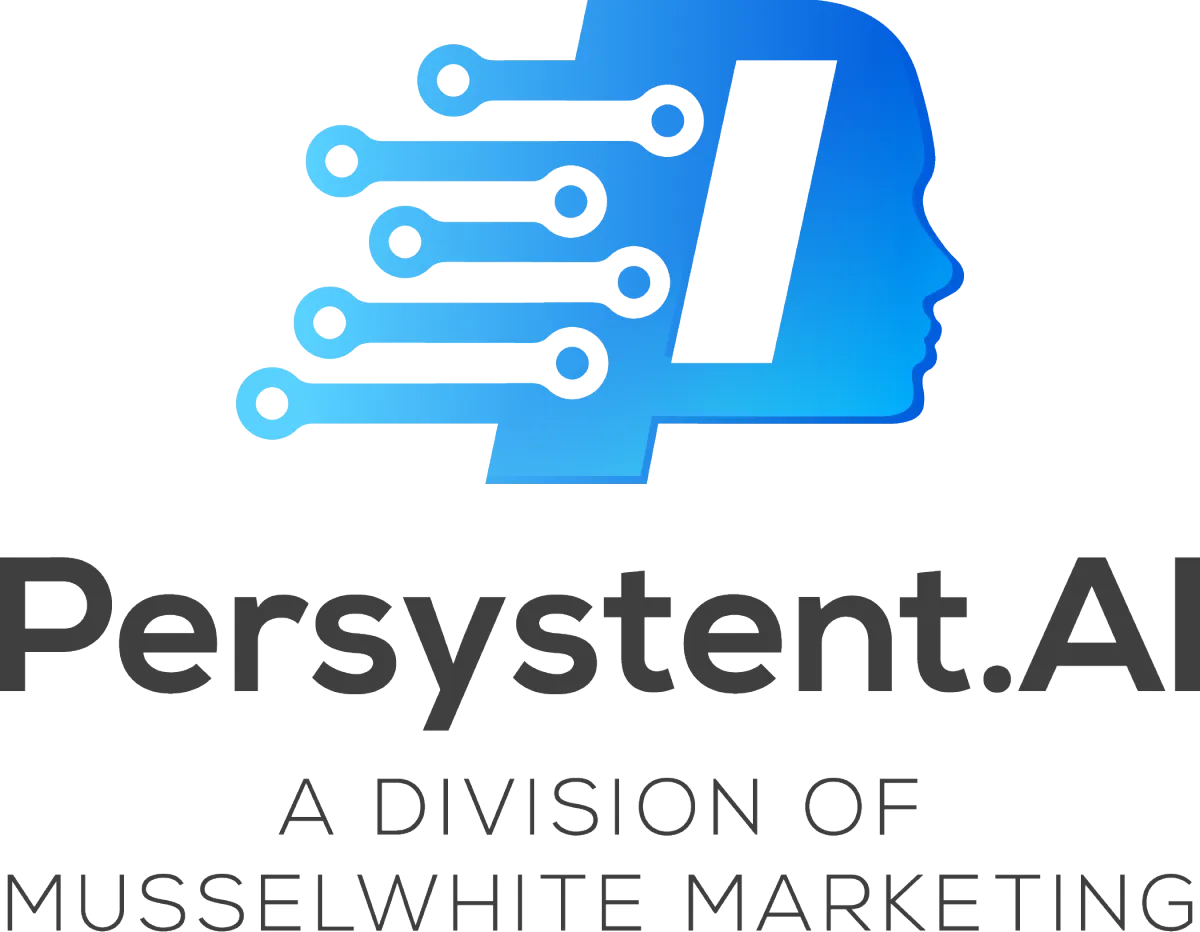
If you're interested in partnering with us, we'd love to hear from you!
Sign up for our newsletter TODAY to make sure you never miss a story!
Read about patient health and well-being, the latest research on ADTKD, progress in finding a treatment, and much more.
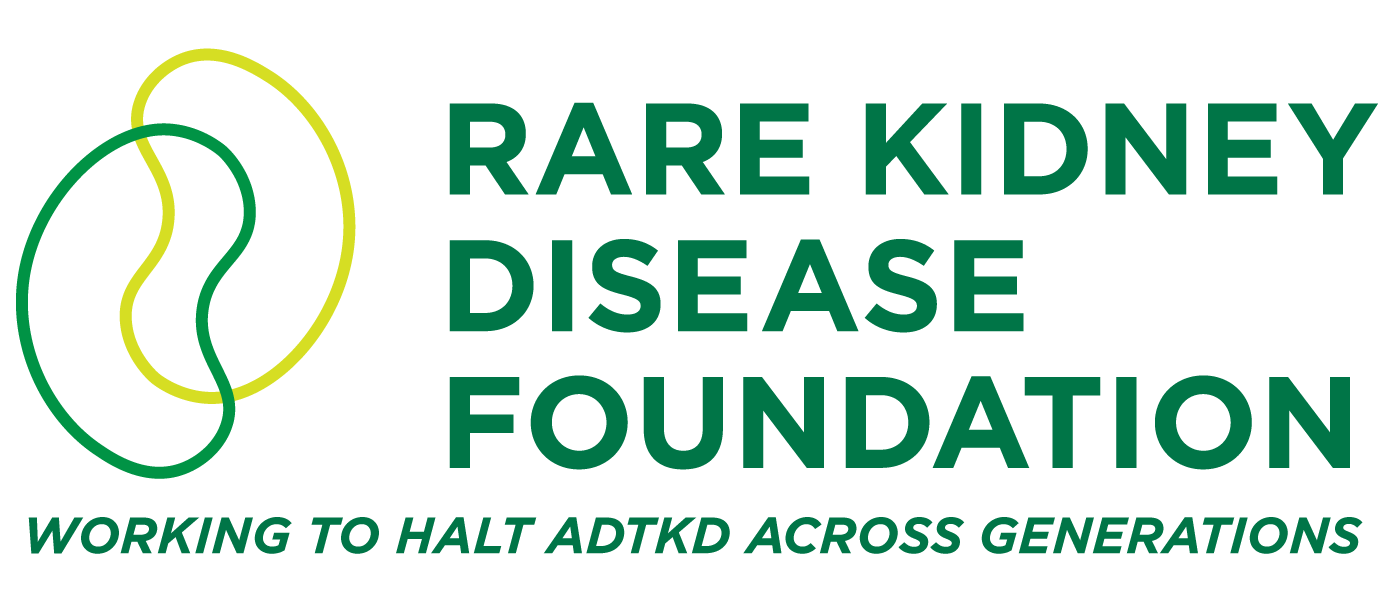
© 2026 Rare Kidney Disease Foundation - All Rights Reserved
Privacy Policy | Terms and Conditions
Rare Kidney Disease Foundation is a 501(c)(3) non-profit organization. Federal tax ID: 82-4421861